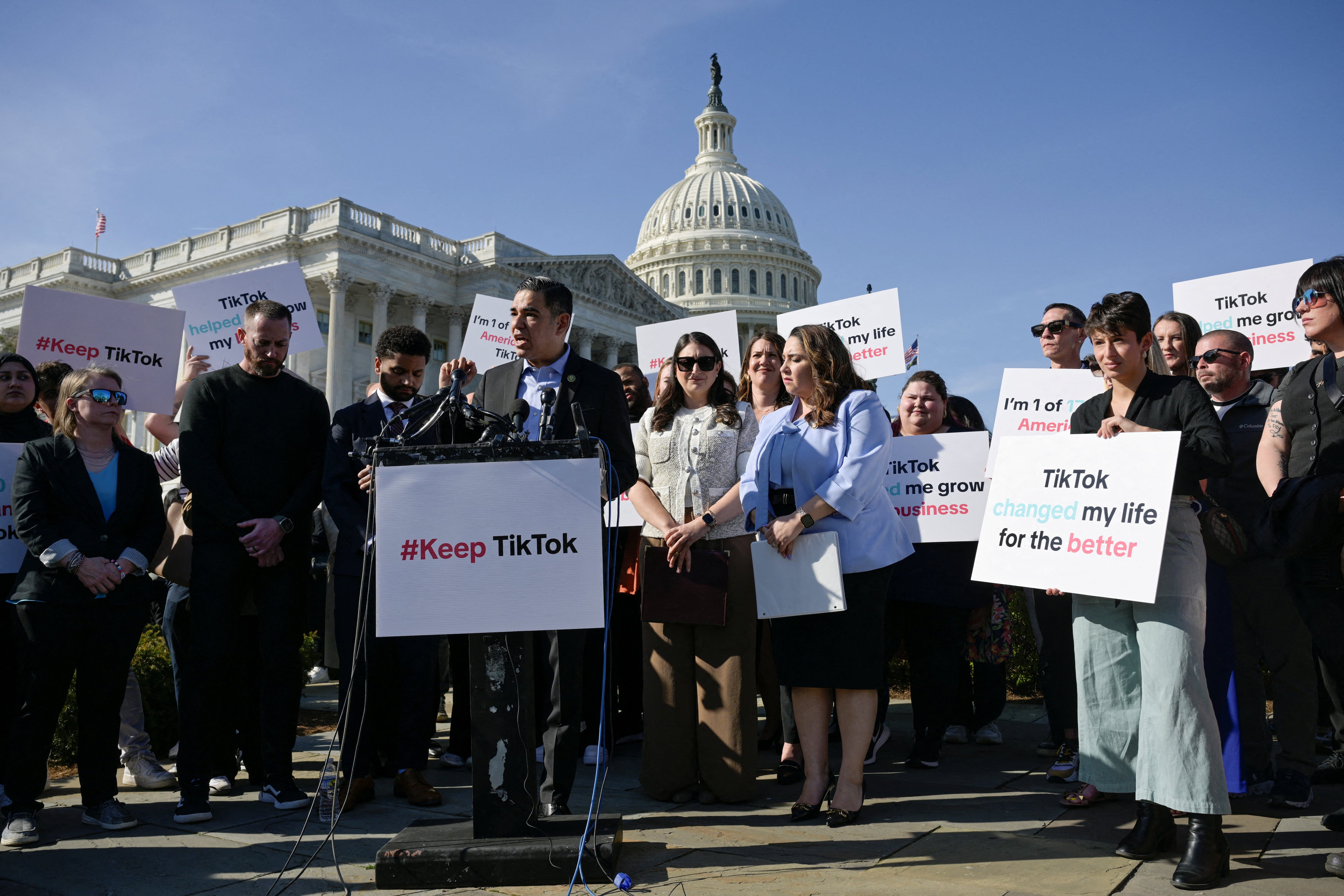Spotify has defeated a long-running lawsuit that claimed Eminem’s music was streamed illegally “billions” of times on the platform, winning a ruling that sharply criticized the rapper’s publisher for filing the case in the first place.
Eminem’s publisher, Eight Mile Style, sued Spotify in 2019, claiming the streamer had made hundreds of the rapper’s songs available without proper licenses. That included mega-hits like “Lose Yourself,” which has been streamed more than 1 billion times on the service.
But in a decision last month, a federal judge dismissed those accusations entirely, ruling that Eight Mile had essentially manufactured a lawsuit for its own gain. The publisher knew for years that its songs were being played on Spotify, the judge wrote, but had chosen to do nothing in order to build a more lucrative legal case against the streamer.
“Eight Mile Style was not a hapless victim,” Judge Aleta A. Trauger wrote. “While Spotify’s handling of composer copyrights appears to have been seriously flawed, any right to recover damages based on those flaws belongs to those innocent rights holders who were genuinely harmed, not ones who, like Eight Mile Style, had every opportunity to set things right and simply chose not to do so for no apparent reason, other than that being the victim of infringement pays better than being an ordinary licensor.”
An attorney for Eight Mile Style did not immediately return a request for comment on the decision. Eminem himself was not involved in the case.
At the center of the long legal battle is the chaotic system that governed streaming royalties in the U.S. for much of the 2010s, in which streamers like Spotify often failed to pay the proper rights holders. That messy situation was mostly fixed by the 2018 enactment of the federal Music Modernization Act (MMA), which created a single blanket license for streamers to pay.
The MMA largely immunized streamers like Spotify from lawsuits over past misdeeds, wiping the slate clean if they paid for the blanket license and complied with other requirements. But a year after the statute was enacted, Eight Mile sued anyway — arguing, among other things, that the landmark law itself was unconstitutional because it violated due process and negated the company’s copyrights.
In her ruling last month, Judge Trauger entirely avoided those lofty constitutional questions about the MMA, saying she would leave them “for a future case involving an appropriate plaintiff.” But like other aspects of her ruling, she suggested that “teeing up a constitutional showdown” had been another “strategic” decision by Eight Mile aimed at securing a bigger payout.
“The MMA framework was the culmination of what may have been one of the most high-stakes policymaking efforts in the history of copyright, and whether that framework survives has implications for the economy of music that go far beyond the rights of any individual artist, even a popular one like Eminem,” the judge wrote. “A lawsuit that imperiled the MMA could cost Spotify a great deal more than any one artist could ever claim — and could, potentially, justify a more generous settlement.”
In technical terms, Judge Trauger’s ruling cited the legal doctrine of equitable estoppel, which bars litigants from behaving unfairly to win advantage in court cases. In applying that rule to Eight Mile, she said the publisher “improperly chose the cultivation of infringement damages over the proper functioning of the copyright system.”
Eight Mile clearly knew that some of its most valuable IP was being used by Spotify, the judge wrote, and the entire lawsuit could have been avoided if Eight Mile had “simply sent a single, clear cease-and-desist letter.” But she said the company instead “simply allowed its rights to be violated.”
“If Eight Mile Style had come forward to contest the status quo, it would have brought this situation to a much quicker end, but it did not,” Judge Trauger wrote. “The only plausible reason for this course of action is that … allowing infringement to continue on a large scale is more economically beneficial to the purported victim than the licit streaming economy would be.”
Even if Eight Mile’s accusations against Spotify had been legally valid, the judge ruled that the damages wouldn’t have been Spotify’s to pay. Instead, she ruled that the liability would have belonged to Kobalt, because the company had signed a licensing deal with Spotify for the Eminem songs at issue and had agreed to indemnify the streamer for any such legal problems.
As it was, that question was largely moot because the judge had mostly rejected Eight Mile’s lawsuit. But she ruled that Kobalt would likely need to cover Spotify’s legal expenses incurred in defending the lawsuit — likely a sizeable sum after five years of litigation. That issue will be subject to future proceedings.
A representative for Spotify did not immediately return requests for comment. A representative for Kobalt declined to comment.





























